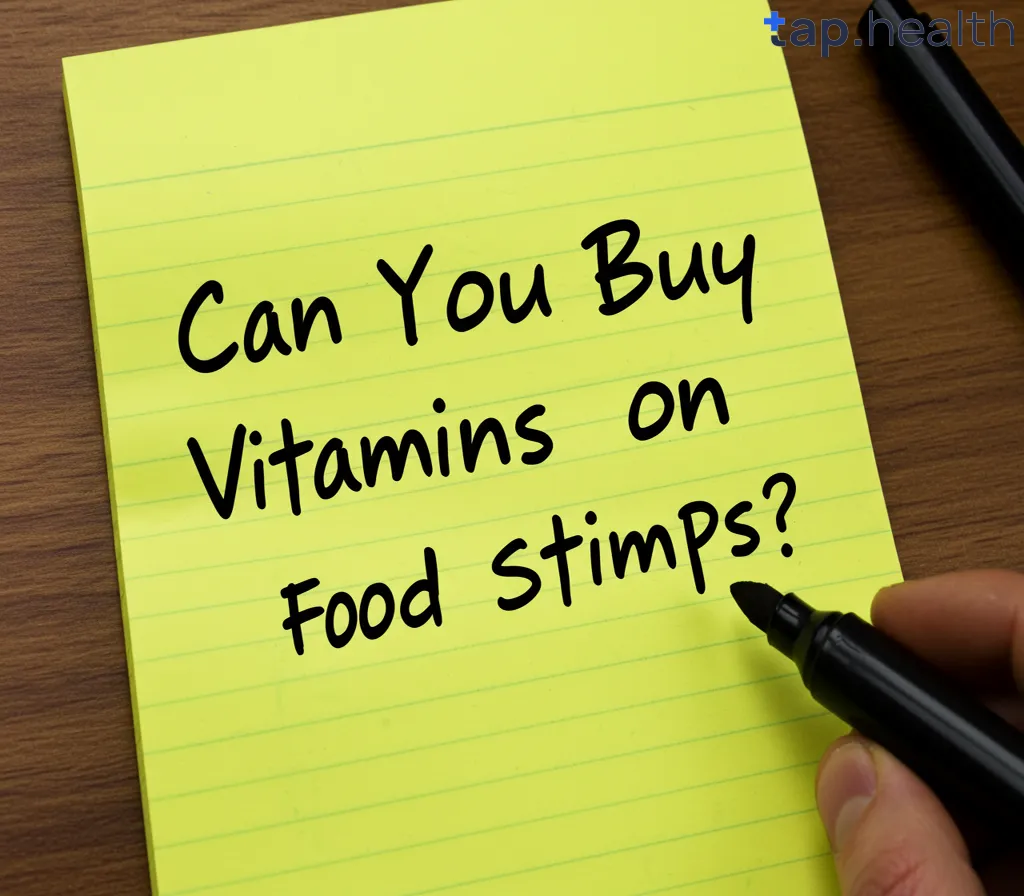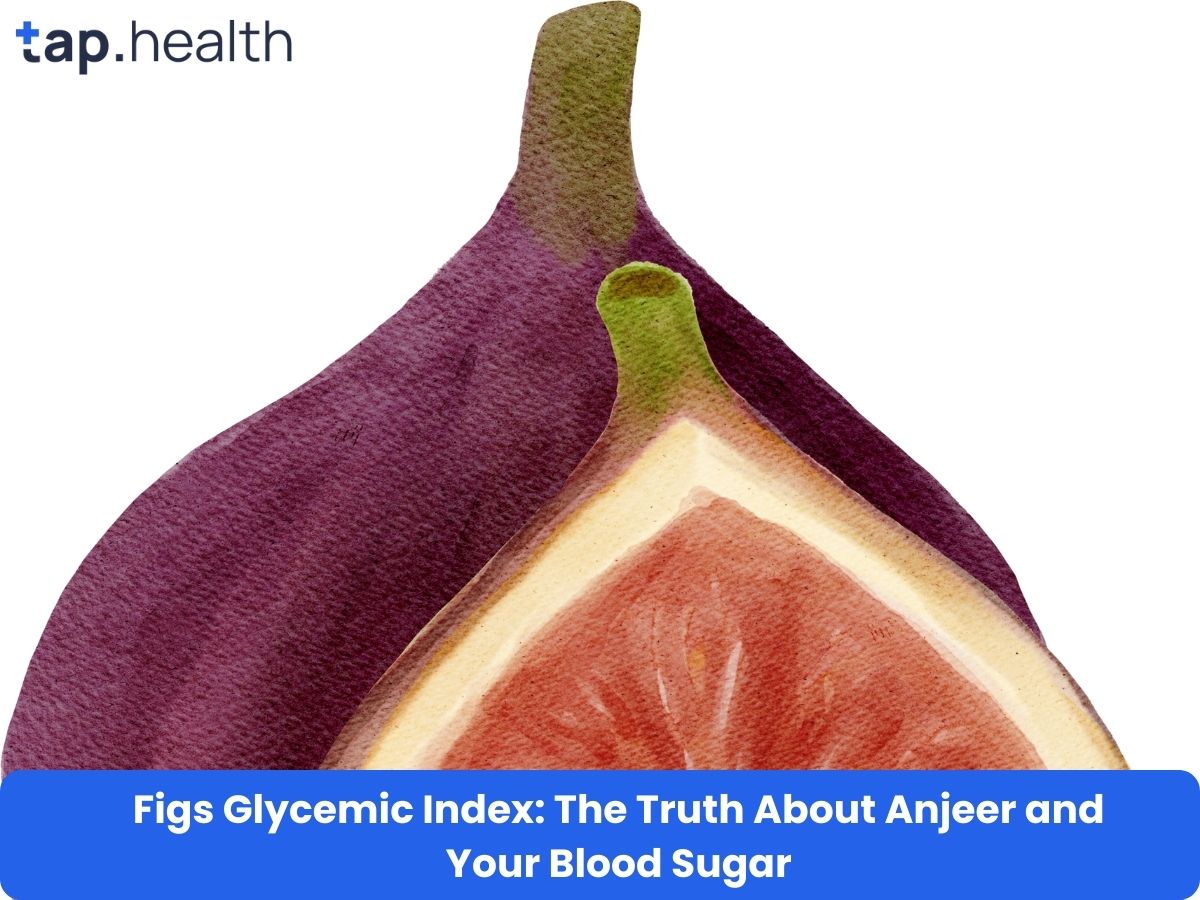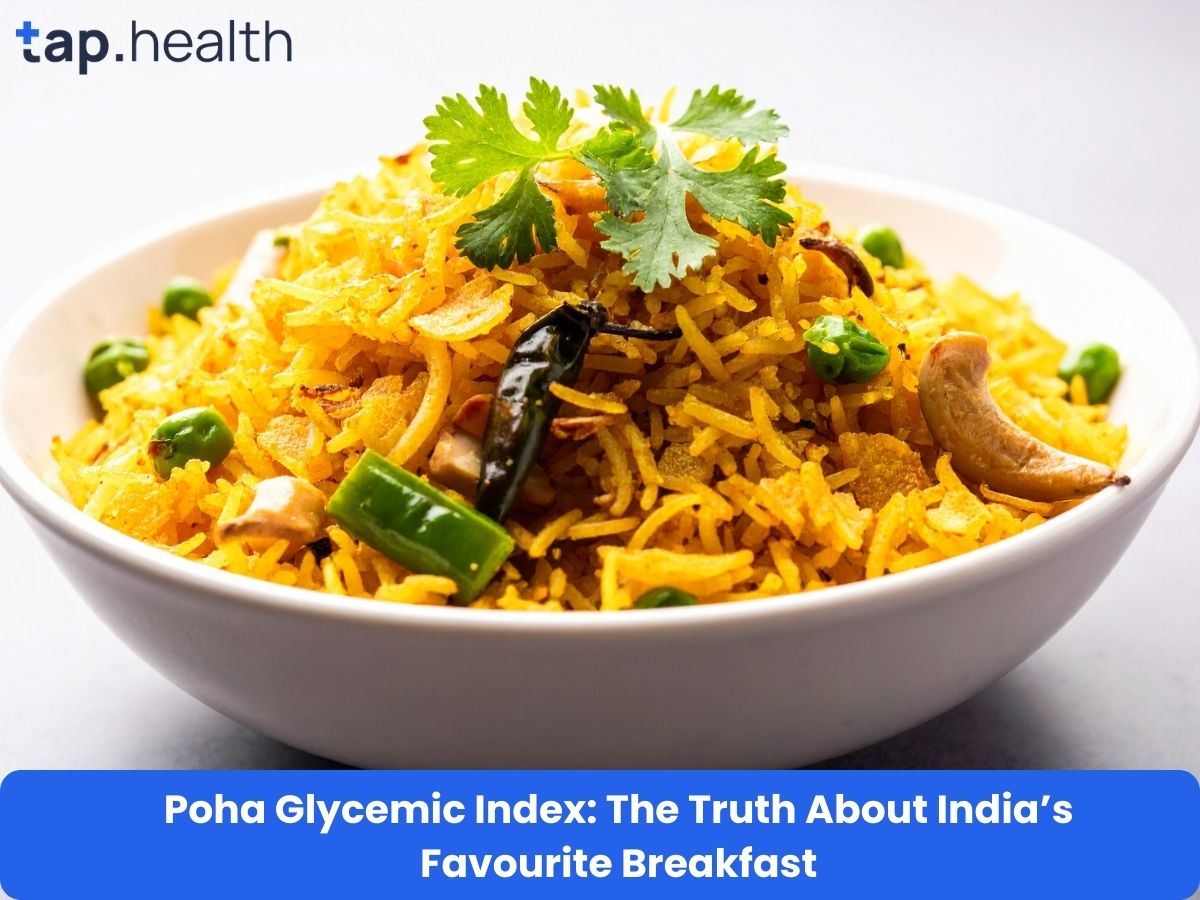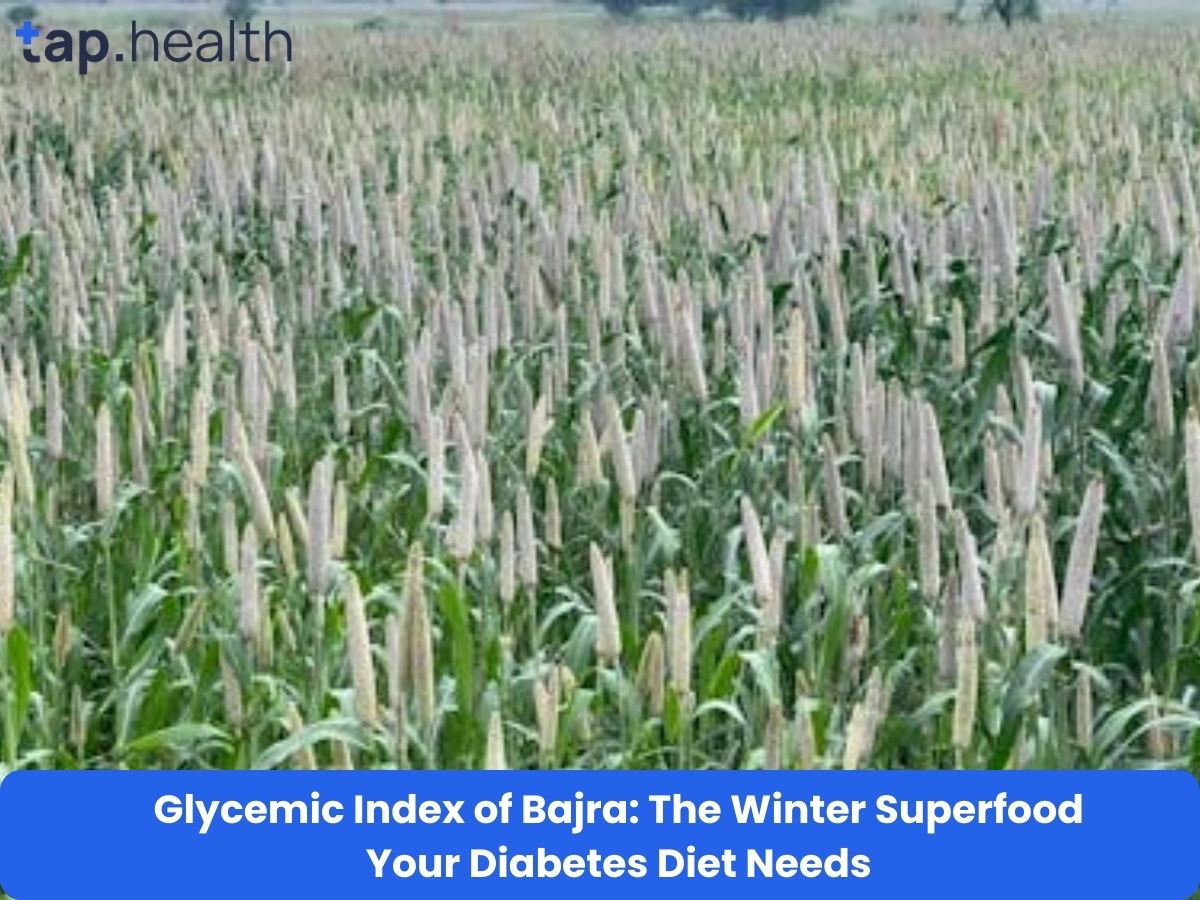Food stamps, also known as the Supplemental Nutrition Assistance Program (SNAP), are an essential resource for millions of Americans, helping individuals and families access nutritious food. But when it comes to purchasing specific items like vitamins and supplements, many people wonder whether they can use their SNAP benefits for these health-related purchases.
In this detailed guide, we will explore whether vitamins can be purchased with food stamps, the rules surrounding SNAP benefits, and what items are eligible for purchase. We’ll also address some common questions related to SNAP benefits and how to maximize them for your nutritional needs.
What Is SNAP (Supplemental Nutrition Assistance Program)?
Before diving into the specifics of whether you can buy vitamins with food stamps, let’s start by understanding what SNAP is.
The Supplemental Nutrition Assistance Program (SNAP), commonly known as food stamps, is a federal assistance program designed to help low-income individuals and families purchase food. It is administered by the United States Department of Agriculture (USDA), and the benefits are provided through an electronic benefit transfer (EBT) card. The goal of SNAP is to ensure that people can access nutritious food, promoting better health and well-being.
SNAP benefits can be used to buy a wide range of food items, but they are subject to specific rules and restrictions. The eligibility and benefits depend on factors such as income, household size, and expenses.
Can You Buy Vitamins on Food Stamps?
Now, let’s get to the main question: can you buy vitamins with food stamps?
The short answer is no, generally, you cannot buy vitamins, dietary supplements, or other non-food items with food stamps. SNAP benefits are specifically meant to assist with purchasing food, and vitamins and supplements are not considered food items under the program’s guidelines.
Why Can’t You Buy Vitamins on Food Stamps?
The primary reason why vitamins and dietary supplements are not eligible for purchase with SNAP benefits is that they do not fall under the category of food products as defined by the USDA. According to the Food and Nutrition Service (FNS), which oversees SNAP, only food and beverages that are meant to be consumed by people are eligible for purchase.
Since vitamins and supplements are often marketed for health benefits rather than as food products, they do not qualify as eligible items for purchase through SNAP. The program is designed to ensure that benefits are used for purchasing basic nutrition and groceries, not for non-food items, including vitamins, minerals, and other health supplements.
What Items Can You Buy with Food Stamps?
While you can’t purchase vitamins with food stamps, there are many other items you can buy that contribute to your overall nutrition and well-being. Let’s go over what is eligible for purchase under the SNAP program.
1. Fruits and Vegetables
Fresh, frozen, canned, or dried fruits and vegetables are all eligible to be purchased with SNAP benefits. These items are key components of a healthy diet and contribute to overall health and wellness.
2. Meat, Poultry, and Fish
SNAP benefits can be used to buy fresh, frozen, or canned meat, poultry, and fish. This also includes products like bacon, hot dogs, and deli meat. However, prepared meals or ready-to-eat items may not be eligible unless they are part of an approved retail program.
3. Dairy Products
You can use SNAP to purchase dairy products such as milk, cheese, yogurt, and butter. However, some specialty items like dietary supplements or vitamin-fortified drinks may not be covered.
4. Bread and Grains
Bread, pasta, rice, and other grains can be purchased with SNAP benefits. You can also buy flour, tortillas, and other baking ingredients.
5. Cereals and Snacks
Breakfast cereals, crackers, chips, and other packaged snacks are eligible for purchase under the program. However, items that are deemed luxury goods or those that are not intended for immediate consumption may not qualify.
6. Non-Alcoholic Beverages
You can use SNAP benefits to purchase non-alcoholic drinks, including bottled water, soda, and fruit juices. Beverages that are considered luxury items, such as energy drinks or alcoholic beverages, are not covered.
7. Seeds and Plants for Growing Food
An interesting benefit of the SNAP program is that you can use your benefits to purchase seeds and plants to grow your own food. This includes vegetables, fruits, herbs, and even some gardening supplies. This can be a great way to improve access to fresh, healthy food.
What Items Can’t You Buy with Food Stamps?
While there are many eligible items, there are also restrictions on what you can purchase with SNAP benefits. Some of the items that are not eligible for purchase include:
1. Vitamins and Supplements
As mentioned earlier, vitamins and dietary supplements are not eligible for purchase with food stamps. This includes multivitamins, vitamin D, and other similar products.
2. Hot or Prepared Foods
Hot meals or prepared foods that are intended to be eaten immediately cannot be bought with SNAP benefits. For example, you cannot purchase meals from a restaurant or a hot food bar at a grocery store with food stamps. However, some exceptions exist through special programs like the Restaurant Meals Program in certain states.
3. Alcoholic Beverages
Alcoholic drinks, including wine, beer, and spirits, are not eligible for purchase with food stamps.
4. Tobacco and Other Non-Food Items
Non-food items like cigarettes, tobacco, pet food, cleaning supplies, and personal hygiene products cannot be purchased using SNAP benefits.
5. Non-Nutritional Beverages
Energy drinks, sodas, and other non-nutritional drinks that are not intended for basic hydration or nutrition are excluded from the program.
Are There Any Exceptions or Programs That Allow Purchase of Vitamins?
While SNAP benefits do not cover vitamins and supplements, there are some alternative programs and strategies that may help with the cost of health-related items.
1. WIC Program (Women, Infants, and Children)
The WIC program is a separate federal assistance program that helps low-income pregnant women, new mothers, and young children access healthy food. While WIC primarily focuses on food, it also covers some supplements like iron and folic acid for women and children, but this is not the same as purchasing over-the-counter vitamins or dietary supplements with food stamps.
2. Medicaid and Health Savings Accounts (HSAs)
If you need vitamins due to a medical condition, Medicaid or a Health Savings Account (HSA) may be able to cover the cost. Medicaid, for example, may provide access to specific health-related supplements if they are deemed medically necessary. Check with your healthcare provider to explore these options.
3. Discount Programs or Coupons
Some stores may offer discounts, sales, or coupons for vitamins and supplements. While these aren’t directly related to food stamps, using these deals can help you save on the purchase of vitamins and health supplements.
What Can You Do If You Can’t Buy Vitamins with Food Stamps?
If you need vitamins or supplements but can’t buy them with food stamps, there are a few options to consider:
1. Look for Free or Low-Cost Health Programs
Some community health organizations and nonprofit groups offer free or low-cost vitamins, especially for children or pregnant women. Contact local food banks, community centers, or healthcare providers to see if there are any programs available to help.
2. Consider Other Assistance Programs
In addition to SNAP and WIC, some state and local programs provide assistance for purchasing health-related items. Explore resources available in your area, such as charity programs, churches, or local health clinics that may offer free vitamins.
3. Shop Smart for Affordable Vitamins
If you’re able to pay for vitamins out-of-pocket, consider looking for affordable options at discount stores, or use sales and bulk-buy options to lower costs. Some stores may offer generic versions that are more affordable but still provide the necessary nutrients.
FAQ on Can You Buy Vitamins on Food Stamps?
1. Can I buy vitamins on food stamps?
No, vitamins and dietary supplements are not eligible for purchase with SNAP (food stamp) benefits. SNAP is only for food and drinks that are meant for human consumption.
2. Can I use food stamps for protein powders?
Protein powders are also considered a supplement and are not eligible for purchase with SNAP benefits.
3. What can I buy with food stamps?
You can buy most food items, including fruits, vegetables, meat, dairy, bread, cereals, snacks, and non-alcoholic beverages, as well as seeds and plants for growing your own food.
4. Can I use food stamps to buy vitamins for my children?
No, vitamins and dietary supplements cannot be bought with food stamps, even if they are intended for children’s health.
5. Are there any programs that cover vitamins?
Yes, the WIC program may provide certain supplements for pregnant women, infants, and children. Additionally, Medicaid or a Health Savings Account may cover health-related supplements if medically necessary.
Conclusion
While food stamps (SNAP) can help you access essential food and nutrition, they cannot be used to purchase vitamins or dietary supplements. Understanding what you can and cannot buy with SNAP benefits is essential to making the most of this important program. If you need vitamins or supplements, explore other resources like Medicaid, discount programs, or local health assistance programs to find affordable options for maintaining your health.



